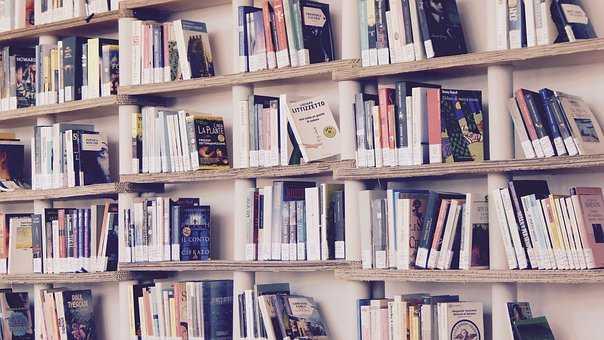Learn more about problemsolving with this collection
How to set new goals
How to take action towards a new life
How to create a plan for change
The maximalist philosophy of reading
The modern world equates the intelligent person will the well-read person. It's difficult to think of anyone arriving at any worthy insights without having read an impressive number of books.
But despite the pressure to read through multiple awarded and fascinating books, we might pause and reflect on an interesting aspect of the pre-modern world: Reading was important, but it never put people under any pressure to read very much at all. It was more important to read a few books very well and not waste time on a great number of volumes.
266
1.65K reads
Reading in the premodern world
The premodern world was obsessed with asking, "what is the point is of reading?" They had answers too.
- For example, the value for Christians and Muslims was holding up one book - the Bible or the Koran - as more important than anything else. This book was read repeatedly and with great attention.
- In the Ancient Greek world, one focused on just two books: Homer's Odyssey and his Iliad. These were all that was needed to impart the Greek code of honour and the best guides to action in military and civilian affairs.
- In the 18th century England, the ideal of reading was focused on Virgil's Aeneid - all a gentleman required to pass as cultivated. More reading was viewed as eccentric.
241
1.09K reads
Why the modern world read so much
The modern world has adopted an Enlightenment mantra that states there should be no limit to how much we read because we read in order to know everything. We don't read to understand God or to follow civic virtue; we read to understand the whole of human existence.
This maximalist legacy of the Enlightenment idea of reading is present within the publishing industry, within the way books are presented to the public at school and in shops, and within our own guilty responses to the pressure to read more.
248
1.01K reads
We are drowning in books
Our exhaustive approach to reading does not make us truly happy. We appear to have a permanent sense of being under-read when compared with our peers and what the media has declared respectable.
To simplify our lives, we should ask the same old-fashioned question: What am I reading for? Rather than answering 'to know everything' we might find a more limited, focused, and useful goal. A new mantra to guide our reading may be: we want to read in order to learn to be content.
265
919 reads
Reading without pressure
With this new targeted ambition in mind, to read for personal contentment, the pressure to read all the time starts to lift. We have the option of only a dozen books on our shelves and yet feel in no way intellectually undernourished or deprived.
When we know that we are reading to be content, we won't need to chase every book published. The more we understand what reading is for us, the more we can enjoy intimate relationships with a few works that deeply shaped us to live and die well.
259
988 reads
CURATED BY
Traveling can make you smarter, more creative and improve your problem-solving abilities.
More like this
6 ideas
Six Ideas from Western Philosophy
theschooloflife.com
4 ideas
How Your Job Shapes Your Identity
theschooloflife.com
2 ideas
On Talking Horizontally -The School of Life
theschooloflife.com
Read & Learn
20x Faster
without
deepstash
with
deepstash
with
deepstash
Access to 200,000+ ideas
—
Access to the mobile app
—
Unlimited idea saving & library
—
—
Unlimited history
—
—
Unlimited listening to ideas
—
—
Downloading & offline access
—
—
Personalized recommendations
—
—
Supercharge your mind with one idea per day
Enter your email and spend 1 minute every day to learn something new.
I agree to receive email updates

